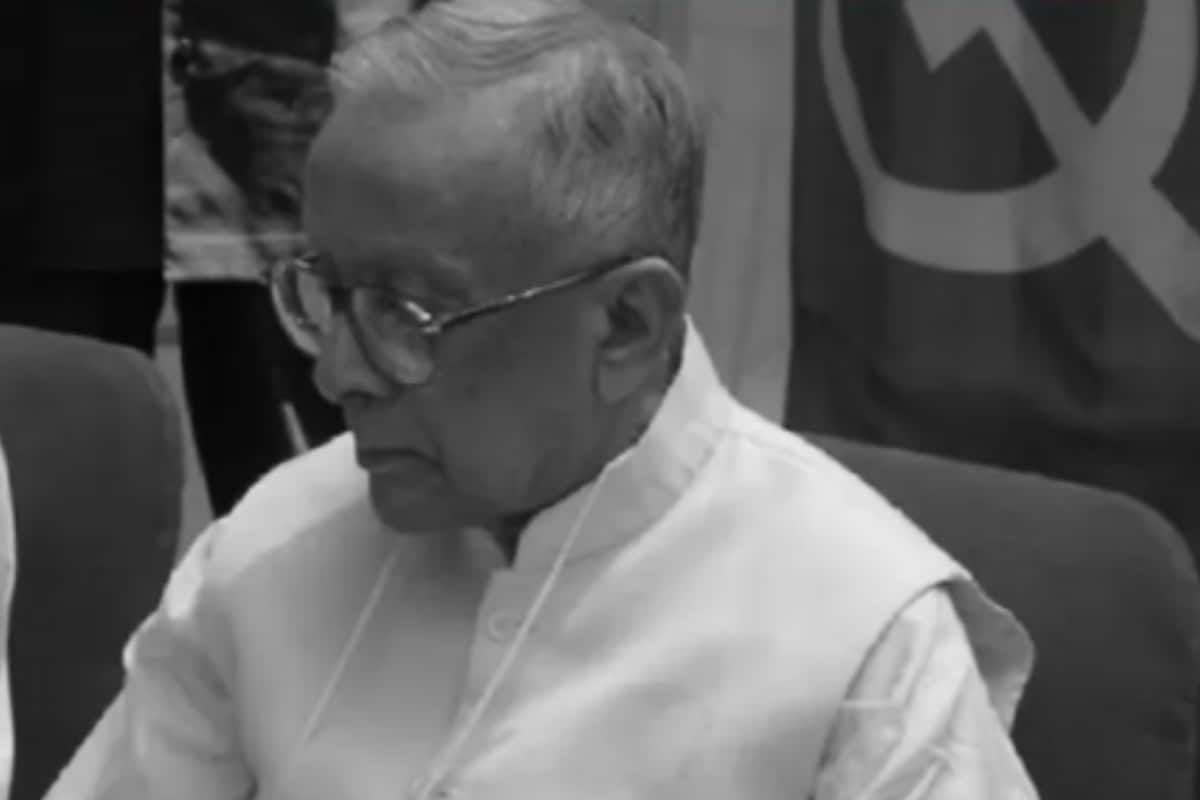

In 1996, Jyoti Basu, a prominent figure in Indian politics and a leading member of the Communist Party of India (Marxist), had the opportunity to become India's Prime Minister. However, the CPI(M) declined the offer, a decision that Basu himself later described as a "historic blunder".
Jyotirindra "Jyoti" Basu, born in Calcutta, was a Marxist theorist, communist activist, and politician. He studied at the London School of Economics, where he became involved with communist circles. Upon returning to India, he joined the Communist Party of India (CPI) and became a key leader. When the CPI split in 1964, Basu was instrumental in forming the CPI(M). He served as the Chief Minister of West Bengal for a record 23 consecutive years, from 1977 to 2000.
The 1996 Indian general election resulted in a hung parliament. With neither the Congress nor the BJP in a position to form a government on their own, the United Front, a coalition of other parties, emerged as a potential alternative. Jyoti Basu was seen by many as a leader who could unite the non-Congress parties. Given his extensive experience in leading a coalition government in West Bengal, he was considered a suitable candidate to head a coalition government at the national level.
Despite Basu's capabilities and widespread support, the CPI(M) Politburo decided against him accepting the Prime Minister's post. The party's official stance was that it would not participate in a government unless it secured a majority on its own. Some suggest the party's decision stemmed from a reluctance to participate in a multi-party regime that would be unable to implement Marxist policies.
Basu accepted the party's decision, but he later openly questioned its wisdom, calling it a "historic blunder". He believed that had he become Prime Minister of a Congress-supported United Front government, history might have taken a different course. Some admirers of Basu believe that his leadership could have provided a stable coalition at the Centre, preventing the BJP from gaining power in 1998.
Prakash Karat, who served as the CPI(M) general secretary from 2005 to 2015, does not believe that Jyoti Basu declining the Prime Minister's post was a reason for the party's decline. He stated that the party's strength in Parliament at that time came from West Bengal and that the party does not think being in government will help increase its strength. Karat said the decline was due to the erosion of support in West Bengal and Tripura.
Despite not becoming Prime Minister, Jyoti Basu remained a significant figure in Indian politics. He continued to lead the Left Front government in West Bengal and remained active in the CPI(M). He stepped down from his position as Chief Minister in 2000 due to failing health and passed away on January 17, 2010.